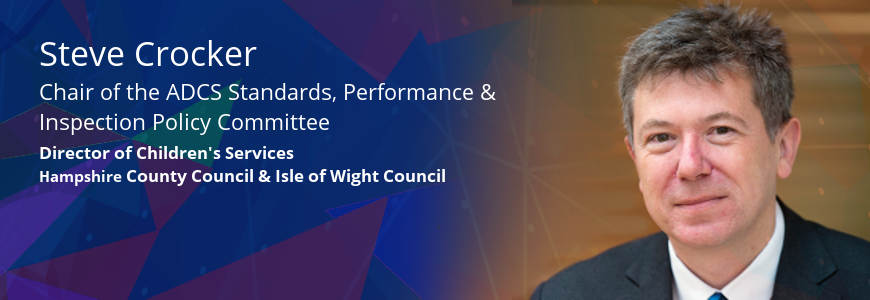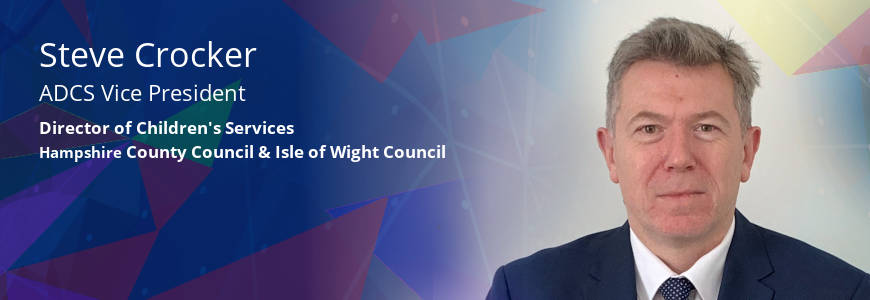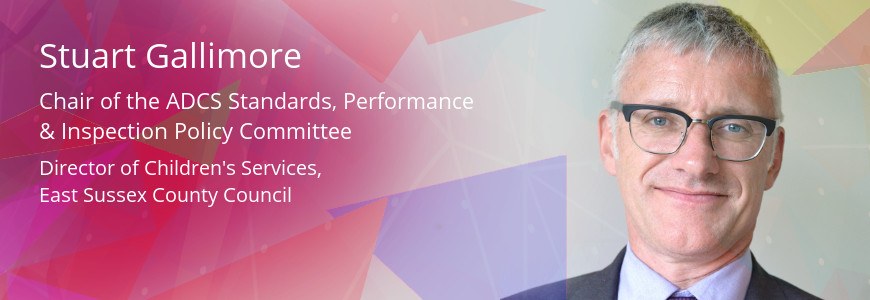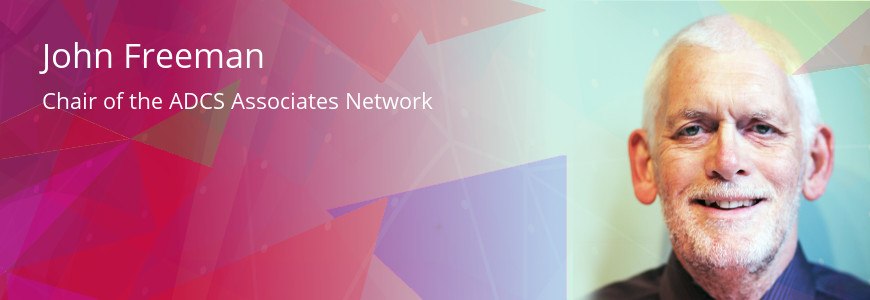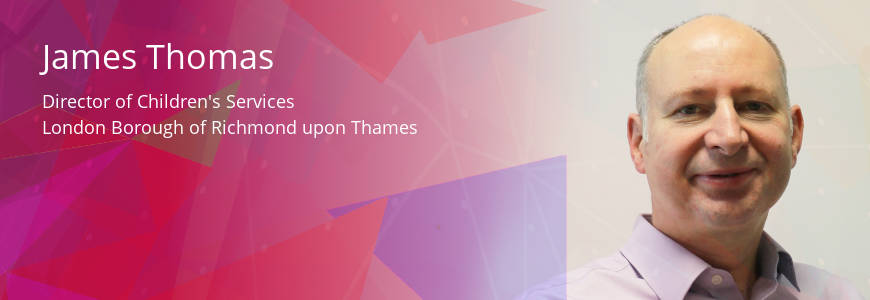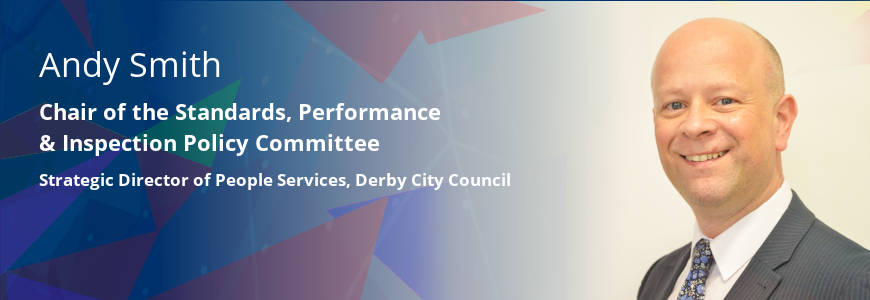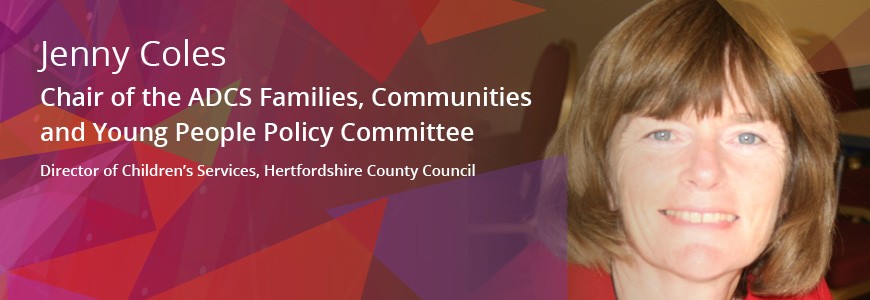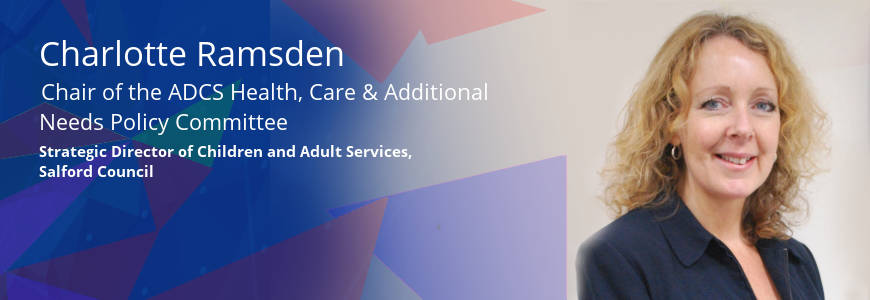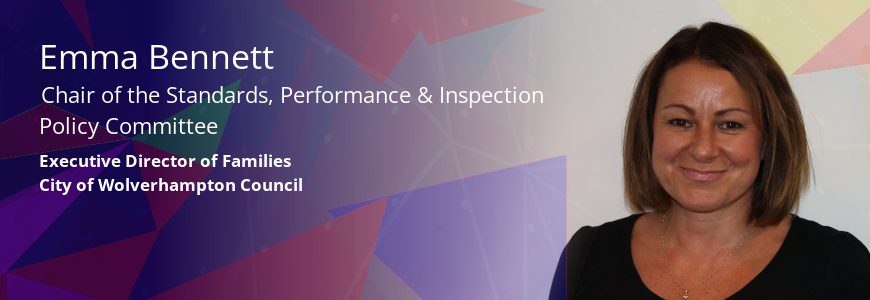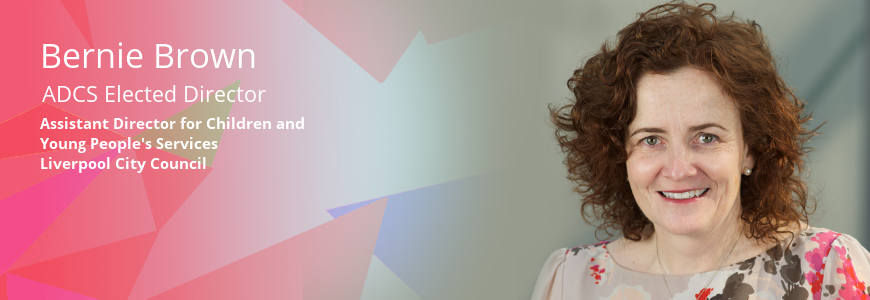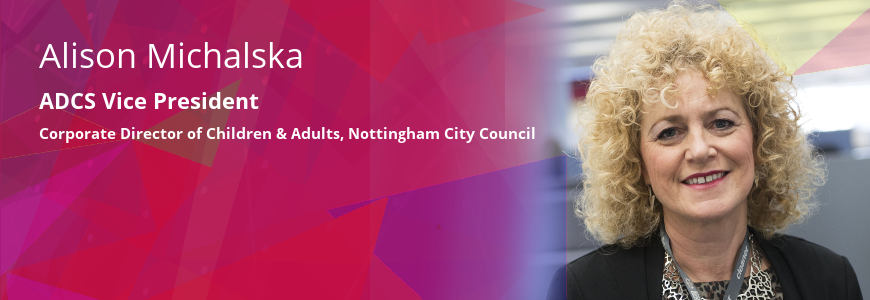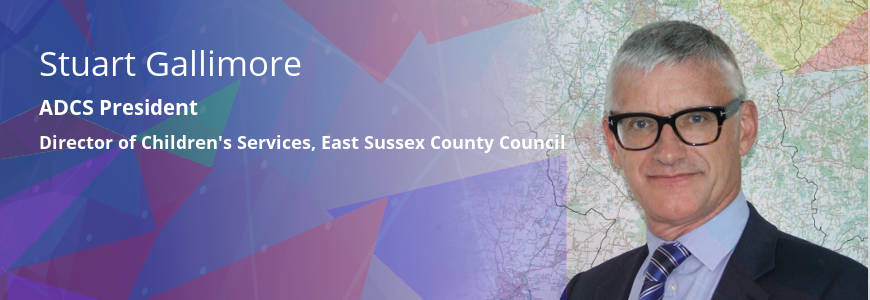Radicalisation
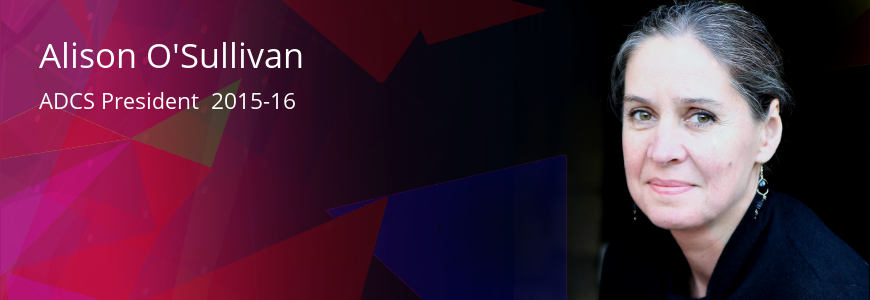
I had a series of interesting meetings this week with leaders from the sector. This included Moira Gibb the Chief Executive of Skills for Care and, Imelda Redmond the new Chief Executive of 4Children, as well as senior civil servants from the Department for Education - right at the point when ministerial appointments were being made. You can read more about those appointments here.
I also met with senior people from Ofsted together with Eleanor Schooling (Director for Children Services at Islington). Eleanor leads our work on performance as well as our ADCS Policy Committee for Standards, Performance and Inspection.
For me, one of the most thought-provoking conversations was at another meeting, the joint meeting of our Policy Committees when the issue of extremism was discussed.
This issue has been on everybody’s agenda for some time (including the local authority where I am Director for Children and Young People Services – Kirklees) and we know that it will continue to be an area of focus for the future.
Directors who had found themselves at the forefront of dealing with some high-profile cases had suggested it would be timely to share experiences and to consider how ADCS could support colleagues dealing with these complex and difficult circumstances. The meeting also gave us the opportunity to share best practice and prepare to provide advice to the DfE and ministers. Colleagues had travelled from several parts of the country to contribute to what turned out to be a really worthwhile discussion.
We talked about current matters relating to the shocking and deeply saddening news that young people were reported missing from home and believed to have travelled to Syria and concerns about the welfare of children in families with young children were also travelling to the war zone. Scotland Yard have reported that more than 700 people have travelled to Syria in recent months.
Recent media coverage is placing schools and communities under intense scrutiny and this can lead to heightened community tension, which is concerning for local agencies too.
Where intervention is warranted, people are working hard to adapt the mechanisms and ways of working to make sure we all do the right thing.
But it’s not straightforward. In acute circumstances wardship is the key mechanism to remove children or young people from immediate danger but when those young people are in a safe place, wardship may no longer be appropriate. Then, do the circumstances fit with child protection approaches? Are the thresholds for care proceedings met? What can we do if we are worried but parents do not want help?
And perhaps even less clear cut is the role of agencies intervening where parents were known to hold extremist views. Is this a child protection issue? Should the state intervene? Where do you draw the line?
Then on the ground locally there are the practicalities of sharing information and planning interventions in an even more complex multi-agency environment - dealing with local police, health and other agencies is well rehearsed and generally works smoothly.
Dealing with counter terrorism units and international agencies involved in returning young people from abroad, adds complexity and is new territory for everyone concerned. Locally the involvement of community safety teams is also moving to a new level.
Much is also being done under the Prevent agenda which does not label young people but seeks to identify concerns as early as possible so that appropriate support and challenge can be offered to the person prior to any offence being committed. While the Channel Programme provides a route for intervening with individuals where concerns about radicalisation are spotted early.
So, following this useful discussion we will be initiating some conversations to make sure that the experience on the ground can connect with those formulating national policy and developing stronger ways of working across the system at national level. We are also considering how best to gather and share this practice in this fast emerging context and will be making this a priority in the period to come.
Locally I know that we will all continue to do all that is needed to protect and support children and families. There are many professional and moral dilemmas for us all to consider when dealing with these cases and we need a thoughtful national debate to resolve how to move forward.
Related Blog Articles
As directors of children’s services there is a temptation to look at our...
In Inspection & Improvement
“Stay at Home. Protect the NHS. Save Lives.” It couldn’t be simpler, could...
In General
There’s a lot going on at the moment, what with our new President, the care...
In General
At the recent ADCS policy seminar I was asked by a fellow Director of...
In Workforce
There has been some recent national media coverage about local authorities using...
In General
To all those colleagues who have worked or are currently working in authorities...
In Inspection & Improvement
I hope you’ve all had a decent Christmas and New Year break. If you are an...
In Care
It’s not often that I feel energised and inspired on a wet Monday night in...
In General
I am a bit of a closet Elvis fan and the lockdown has led me to explore the...
In Inspection & Improvement
Peter Clarke, HM Chief Inspector of Prisons, recently presented a shocking...
In Youth Justice & Secure Estate
Language is so important, it affects the way we see people and situations and...
In General
As August and holiday season arrive (and allegedly some warmer weather), our...
In Inspection & Improvement
I am writing this blog as we come to the end of another school year – it’s...
In General
December is particularly difficult as our winter pressures really start to bite;...
In Safeguarding & Child Protection
Last week’s blog by Steve Crocker, Chair of the ADCS SPI policy committee, got...

